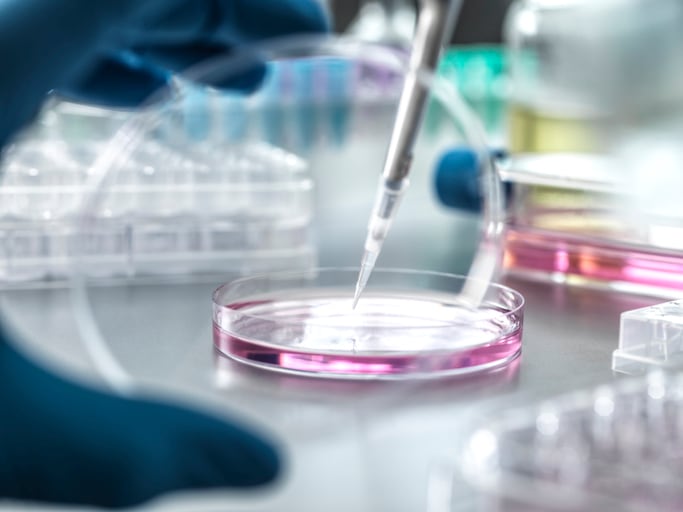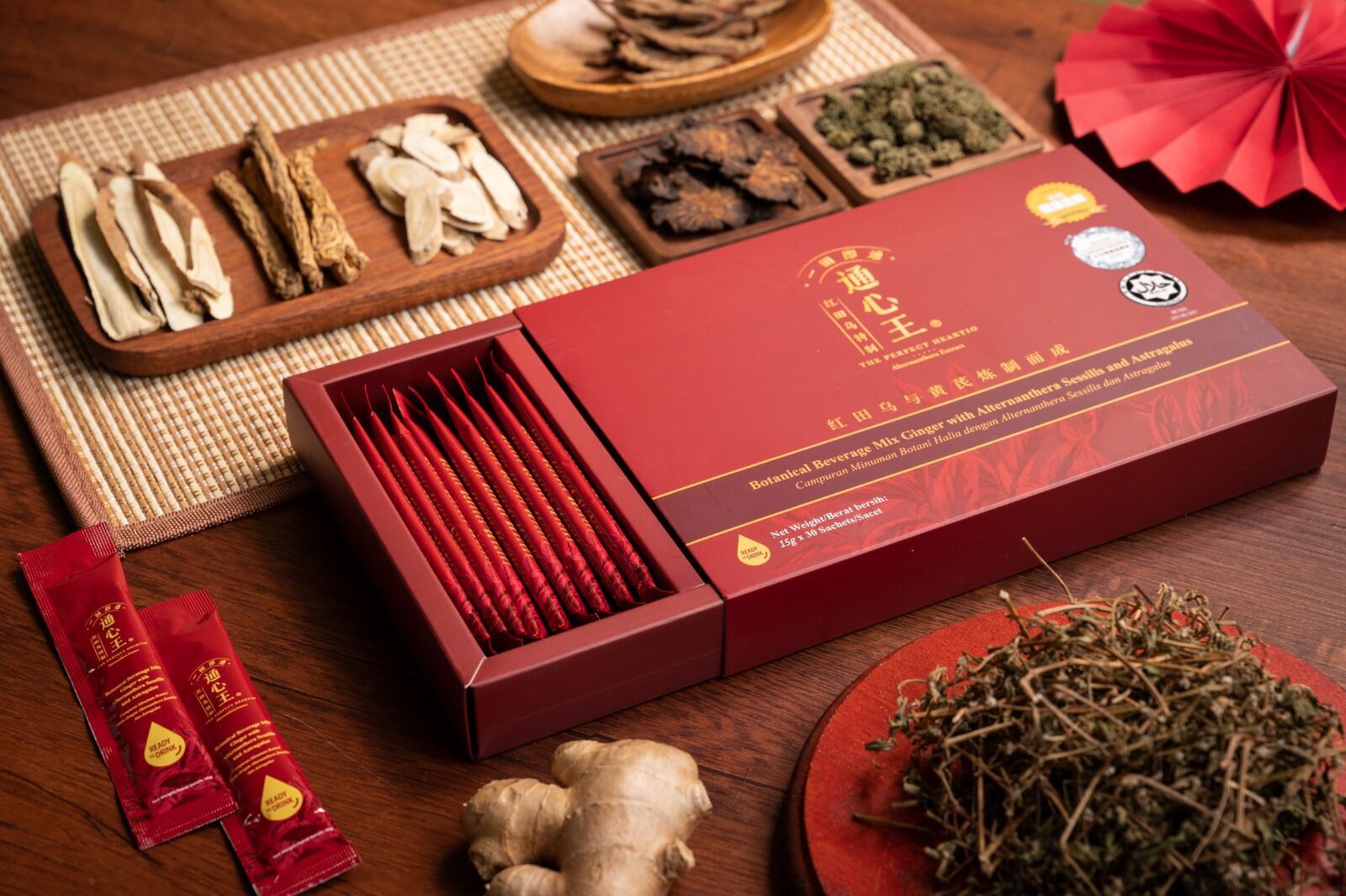Whey protein intake with exercise improves MPS in time- and dose-dependent manner
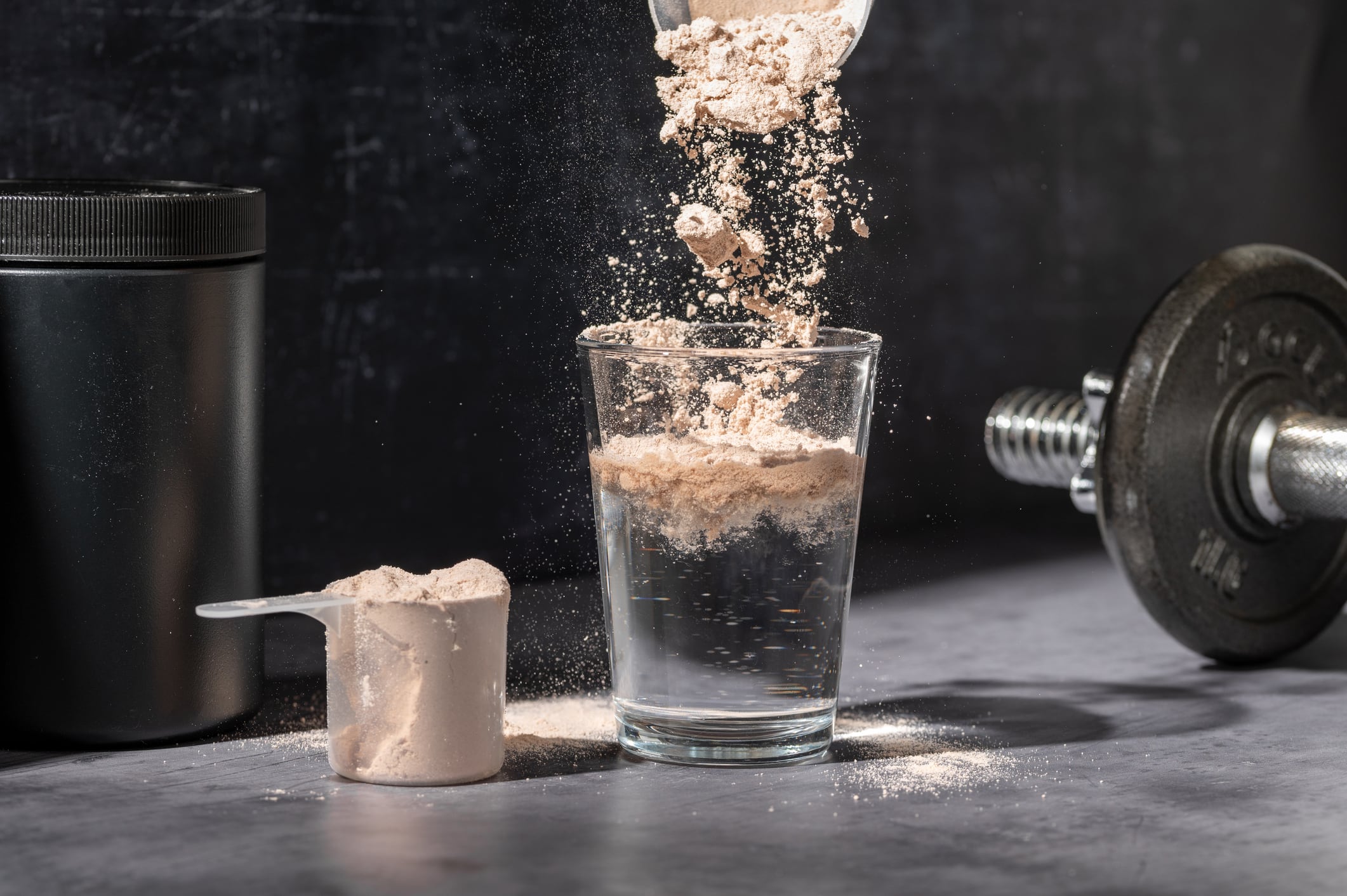
The combination of whey protein supplementation and physical exercise could improve muscle protein synthesis (MPS) in a time- and dose-dependent manner, according to a new review in China.
The findings, published in Nutrients, showed that the combination of whey protein supplementation and exercise resulted in a significant rise in myofibrillar fractional synthetic rate (FSR).
The increment ranged from 1.3 to 1.6 folds when consumed immediately after exercise, and up to 2.5 folds when taken 45 minutes prior to multiple-set resistance exercise.
Withanolide glycosides: Ashwagandha study suggests supplement quality criterion
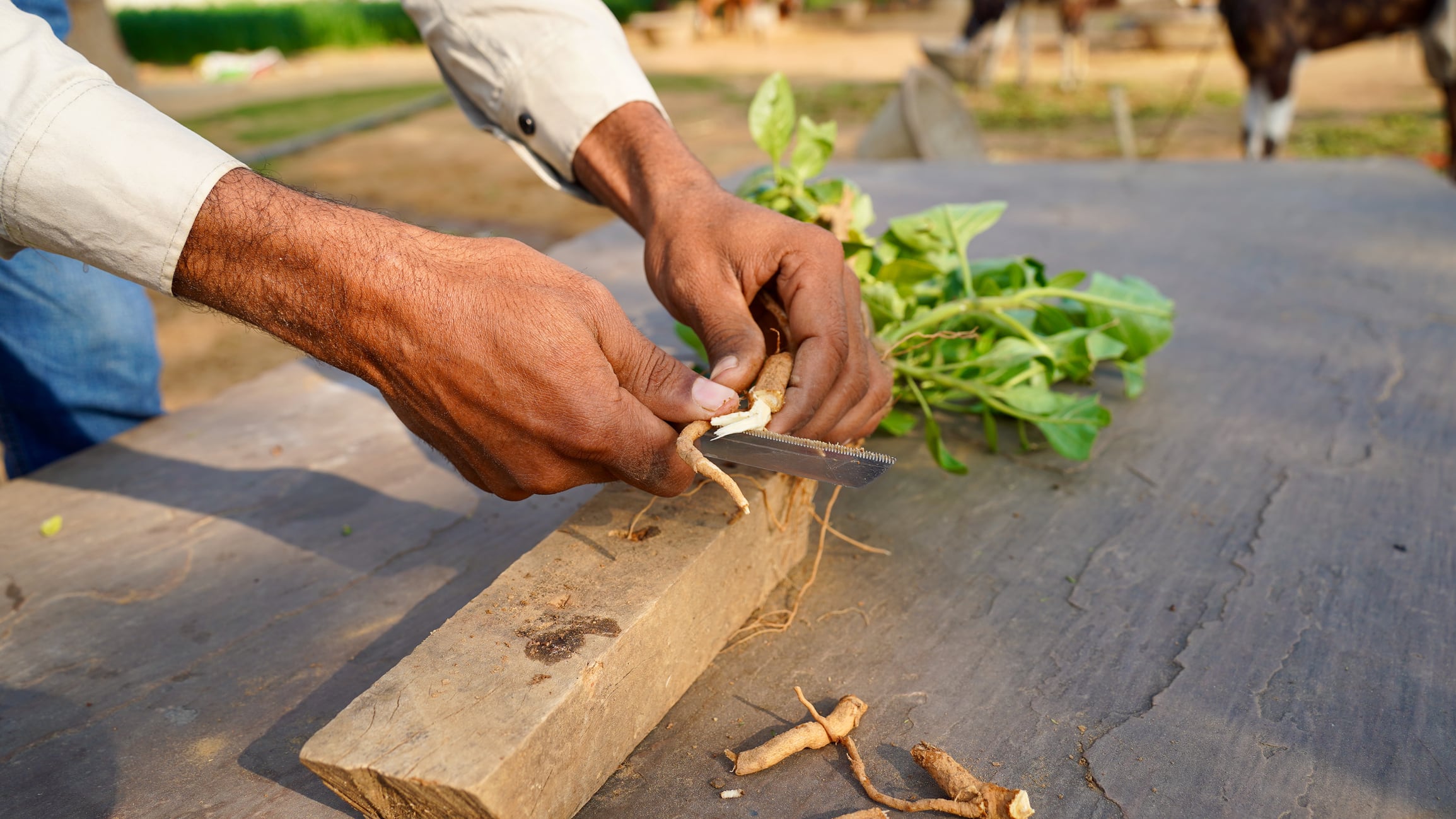
A clinical study has identified withanolide glycosides as the key drivers of superior bioavailability in ashwagandha (Withania somnifera) extracts.
This marked the first direct evidence in humans that the type of withanolide—not just the total content—significantly influences absorption and efficacy.
Published in Current Therapeutic Research, the randomized, open-label, crossover clinical study evaluated the oral bioavailability of Shoden ashwagandha extract, developed by Arjuna Natural Pvt., Ltd., India, in 16 healthy adults.
Gencor’s PEA may modulate microbiome activity and metabolic pathways: RCT
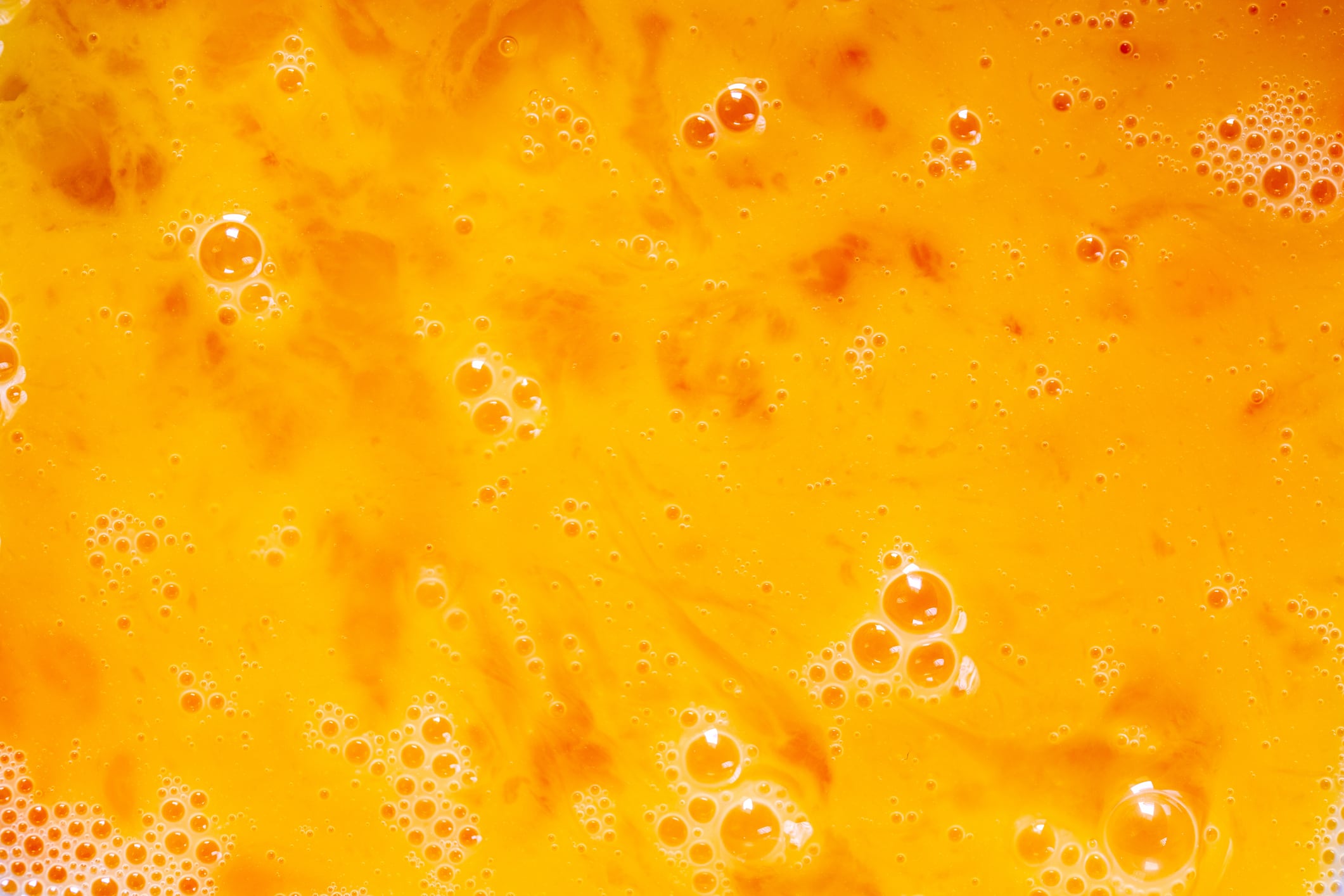
Palmitoylethanolamide (PEA) supplementation could regulate specific microbiome activity, support a balanced inflammatory response and aid in maintaining healthy triglyceride levels, according to a new study on Gencor’s Levagen+ ingredient.
Twelve weeks of supplementation with PEA was associated with improved concentrations of IL-2, indicating reduced intestinal inflammation compared to the placebo.
Triglyceride levels also decreased, according to the findings published in Biomedicines.
Curcumin improves weight, waistline, BMI depending on dose, intake period
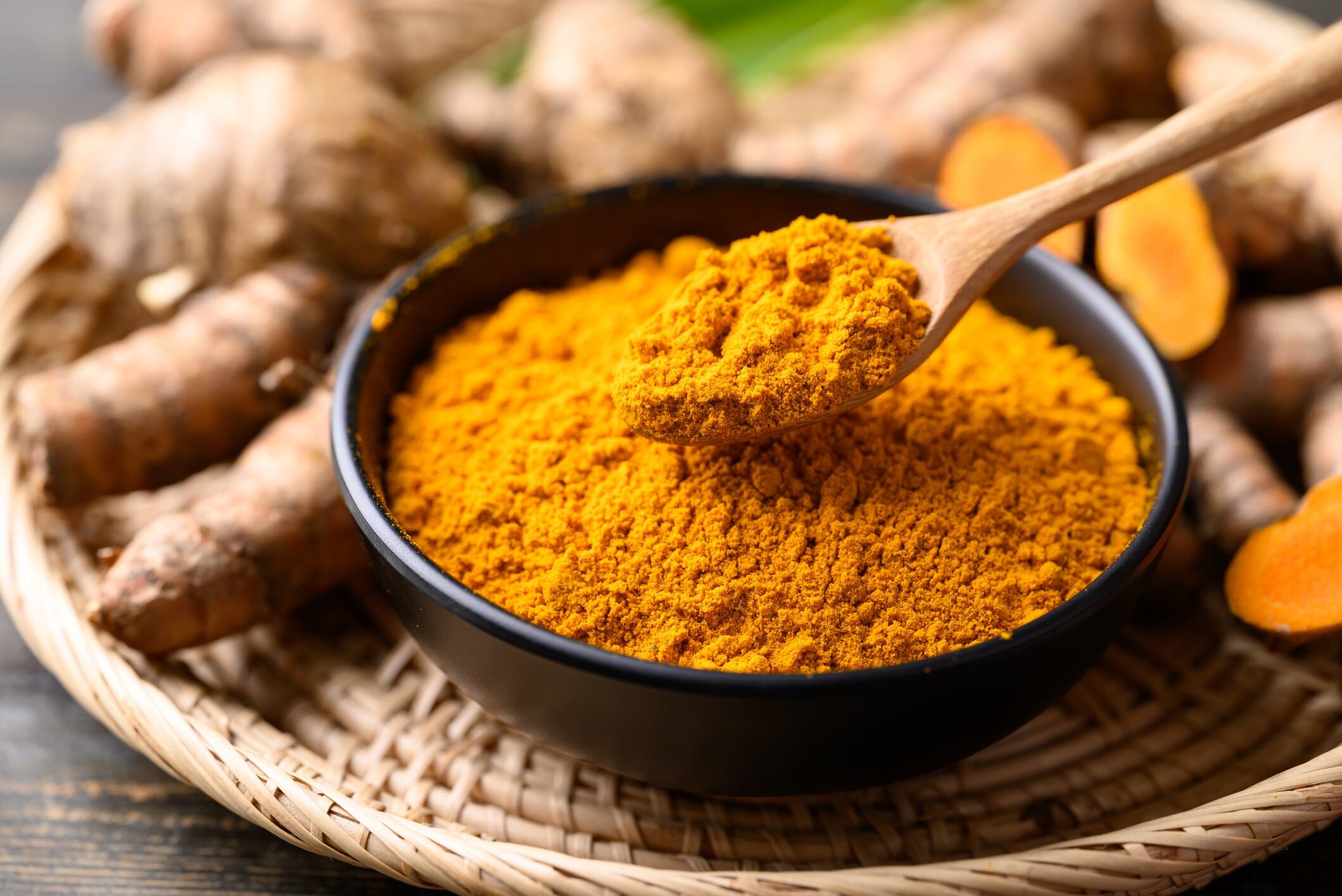
Curcumin supplementation has shown to improve weight, body mass index (BMI), and waist circumference in diabetic individuals, depending on the dose and intake duration, say findings from a new meta-analysis.
The analysis published in Nutrition & Diabetes reported no significant decrease in BMI post turmeric / curcumin supplementation.
However, when the evidence was narrowed down to only high-absorption curcumin taken for at least 12 weeks, a significant reduction in BMI was seen.
Boswellia effective for knee pain, stiffness — meta-analysis
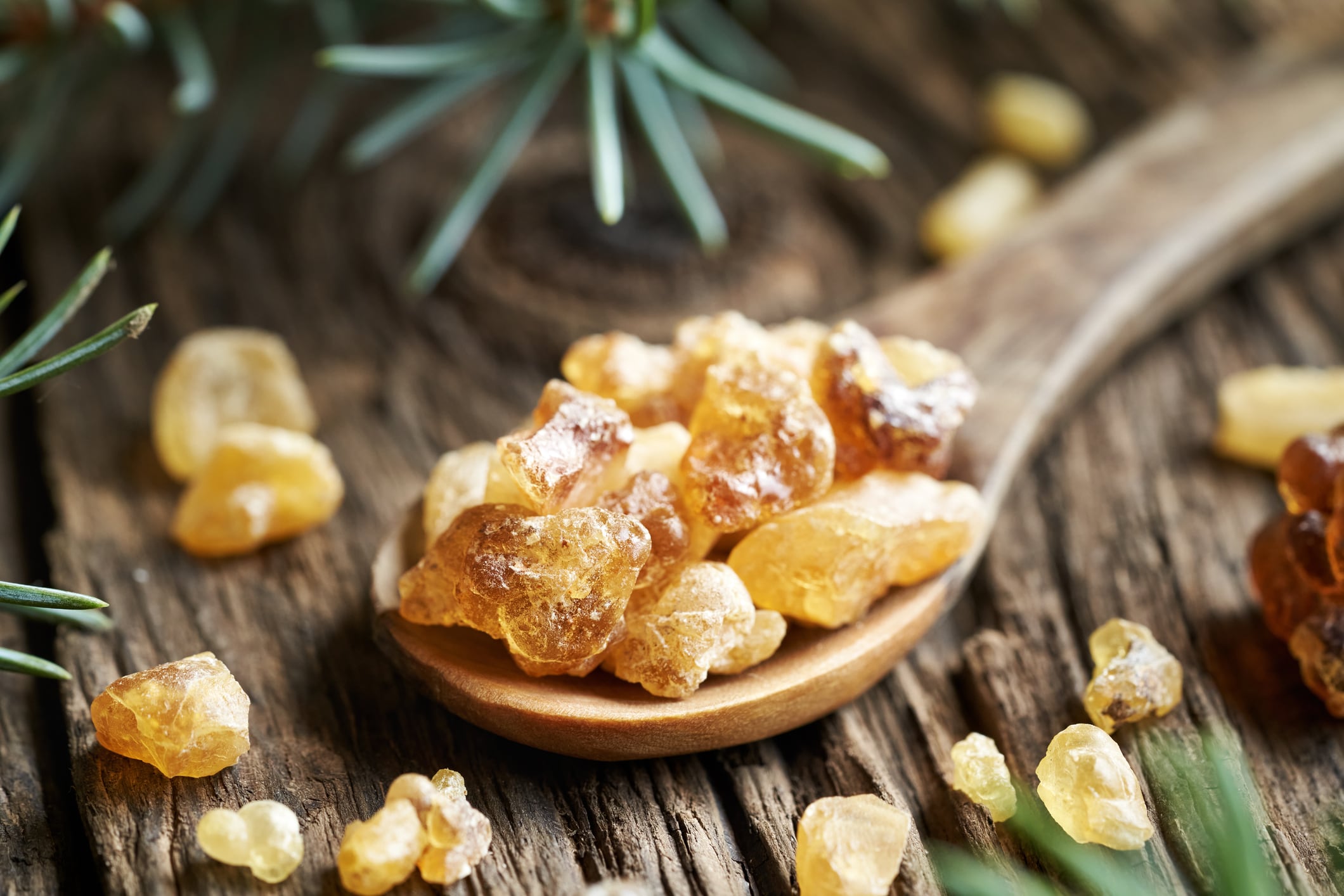
Boswellia appeared to be more effective than other commonly used nutritional supplements for addressing knee pain and stiffness in people suffering from knee osteoarthritis.
This is according to a new systematic review and meta-analysis published in Nutrients, which looked at the effectiveness of seven commonly used supplements in adults diagnosed with knee osteoarthritis.
Other ingredients that performed well for improving knee function were krill oil, curcumin, and collagen, according to data from 39 clinical trials involving 4,599 patients.


